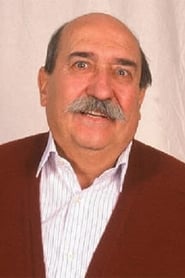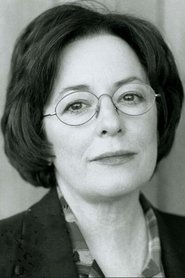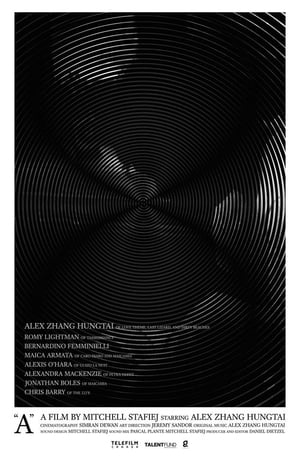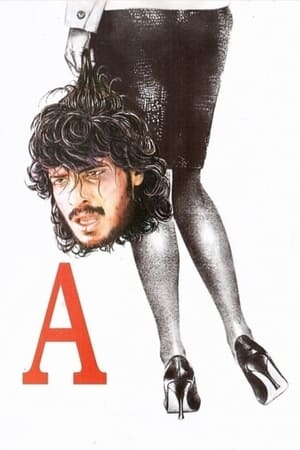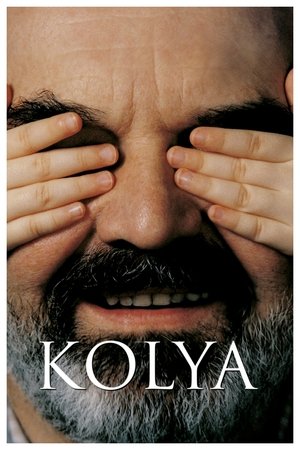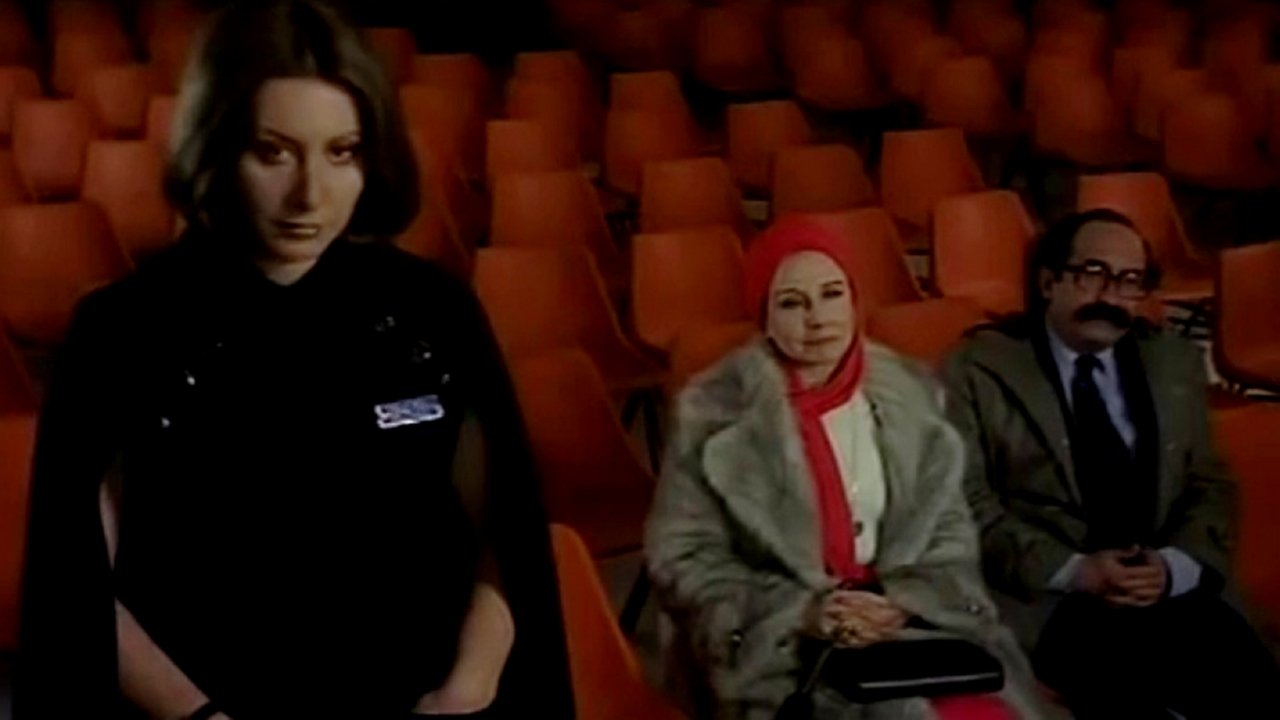

And They Lived Happily Ever After(1976)
Manoli and Fernando, a couple of communist ideas, want to live their love freely, fleeing from any bourgeois convention. At first, the couple rejects the help of her parents, but soon they will begin to give in and accept all kinds of comforts.
Movie: And They Lived Happily Ever After

Colorín, colorado
HomePage
Overview
Manoli and Fernando, a couple of communist ideas, want to live their love freely, fleeing from any bourgeois convention. At first, the couple rejects the help of her parents, but soon they will begin to give in and accept all kinds of comforts.
Release Date
1976-11-16
Average
5
Rating:
2.5 startsTagline
Genres
Languages:
EspañolKeywords
Recommendations Movies
 5.7
5.7way(en)
San Francisco filmmaker Konrad Steiner took 12 years to complete a montage cycle set to the late Leslie Scalapino’s most celebrated poem, way—a sprawling book-length odyssey of shardlike urban impressions, fraught with obliquely felt social and sexual tensions. Six stylistically distinctive films for each section of way, using sources ranging from Kodachrome footage of sun-kissed S.F. street scenes to internet clips of the Iraq war to a fragmented Fred Astaire dance number.
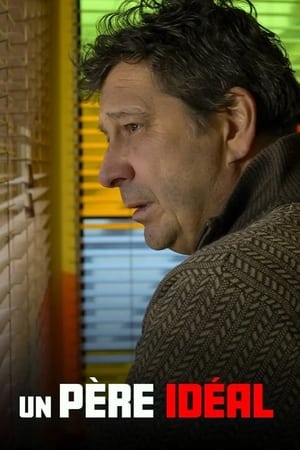 6.3
6.3An Ideal Father(fr)
Michel, the jovial owner of the only café in a small Normandy town, sees his life turned upside down when his teenage daughter is murdered. The community has his back but soon rumor spreads and Michel is singled out. From the ideal father, he becomes the ideal culprit.
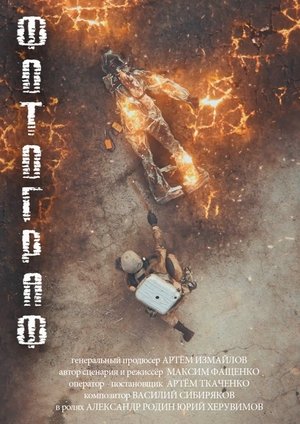 6.5
6.5F.O.T.O.G.R.A.F.(ru)
A short film based on the S.T.A.L.K.E.R. fictional universe, combining the “Picnic to the curb” of the Strugatsky brothers, “Stalker” by Andrei Tarkovsky and the “Exclusion Zone” location around the Chernobyl NPP. According to the scenario, an agent of the peacekeeping forces, nicknamed "The Photographer", arrives in the Zone to prevent a global scale catastrophe, which could be caused by an experiment that went out of control at a scientific lab.
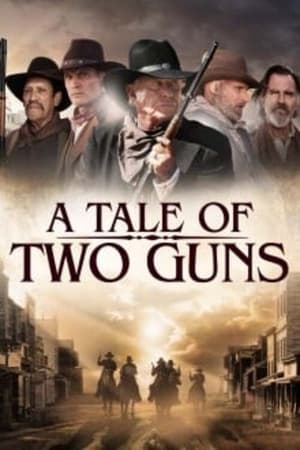 5.8
5.8A Tale of Two Guns(en)
In the lawless West, The Cowboys, a notorious brotherhood of killers and thieves, reigned over the land with brutal fists and fast guns. Fate had finally caught up with them and now the merciless gang has but a single surviving member. When a deputized gunslinger takes up the call to hunt down the last Cowboy, the chase is on and the bullets fly, and only one of these hardened men can survive.
 4.9
4.9It's a Wonderful Binge(en)
Like the original film, the sequel is set in a near future where all drinking and drugs are banned except for on one glorious day known as The Binge. This year, that day happens to miraculously land on Christmas.
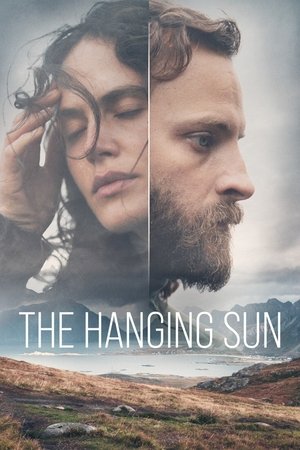 5.6
5.6The Hanging Sun(en)
On the run from his former employer, a reluctant hitman seeks refuge in an isolated village where he is faced with events that test the true nature of his conscience.
 7.2
7.2Kingdom 2: Far and Away(ja)
It follows a young man who dreams of becoming a general and Ying Zheng, whose goal is unification.
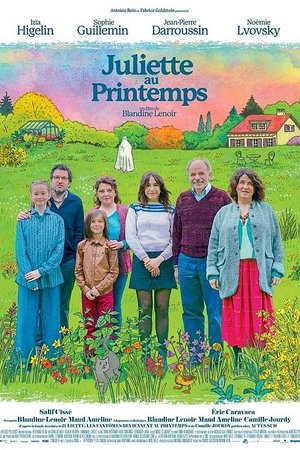 6.7
6.7Juliette in Spring(fr)
Juliette goes back in her hometown to spend some time with her family. She finds herself between a loving but moody father, a New Age mother, a sister in the midst of an existential crisis, and a grandmother slowly losing her mind. Buried memories and family secrets rise to the surface in this sweet, tender and sometimes extravagant family portrait.
 5.5
5.5Shamshera(hi)
Set in the 1800s, the film is about a "dacoit" tribe who take charge in fight for their rights and independence against the British.
 5.9
5.9A(ja)
Roughly chronological, from 3/96 to 11/96, with a coda in spring of 1997: inside compounds of Aum Shinrikyo, a Buddhist sect led by Shoko Asahara. (Members confessed to a murderous sarin attack in the Tokyo subway in 1995.) We see what they eat, where they sleep, and how they respond to media scrutiny, on-going trials, the shrinking of their fortunes, and the criticism of society. Central focus is placed on Hiroshi Araki, a young man who finds himself elevated to chief spokesman for Aum after its leaders are arrested. Araki faces extreme hostility from the Japanese public, who find it hard to believe that most followers of the cult had no idea of the attacks and even harder to understand why these followers remain devoted to the religion, if not the violence.
 7.5
7.5Kingdom III: The Flame of Destiny(ja)
To defend their kingdom against a sudden invasion, a mighty general returns to the battlefield alongside a war orphan, now grown up, who dreams of glory.
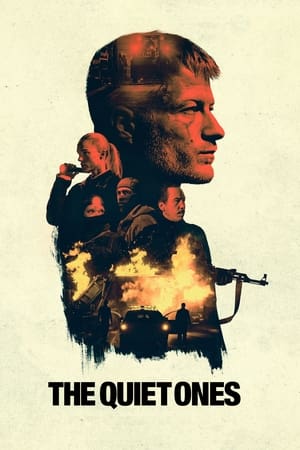 5.8
5.8The Quiet Ones(da)
In 2008, a group of men from Denmark and across Europe pull off the biggest heist of all time on Danish soil. Kasper, a boxer with few chances left in life, is offered the opportunity to plan the robbery by its foreign initiators.
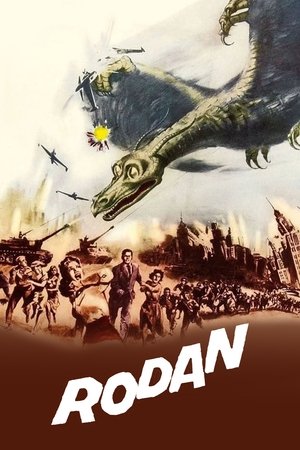 6.5
6.5Rodan(ja)
Mining engineer Shigeru investigates the disappearance and death of his fellow coworkers when prehistoric nymphs are discovered emerging from the mines. After an attack on the local village, Shigeru heads deeper into the mines only to make a more horrifying discovery in the form a prehistoric flying creature. Soon a second monster appears as the two converge in Fukuoka.
 6.9
6.9Fighting Spirit - Mashiba vs. Kimura(ja)
Kimura finally has his championship match. It takes place at the annual champion carnival. But now he must face the intense champion, Mashiba for the Junior Lightweight championship.
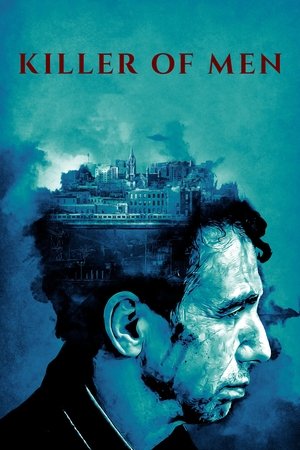 7.3
7.3Killer of Men(en)
A man lurks the night alleys, killing people at random, he feels nothing, no emotion, and no pain; when he meets a graceful widow he must confront what it means to be human.
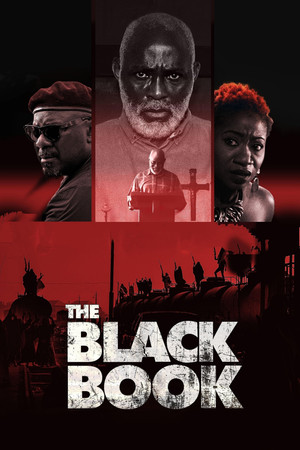 6.8
6.8The Black Book(en)
After his son is wrongly accused of kidnapping, a deacon who has just lost his wife takes matters into his own hands and fights a crooked police gang to clear him.
Similar Movies
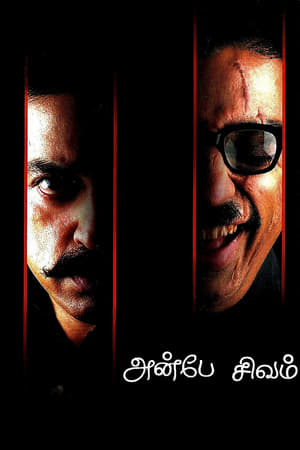 7.6
7.6Anbe Sivam(ta)
Anbarasu, young and arrogant, and Nallasivam, damaged - physically but not spiritually - by life, are thrown together by circumstances, and find that they are in some ways bound together by fate.
 5.7
5.7Animal Farm(en)
Animals on a farm lead a revolution against the farmers to put their destiny in their own hands. However this revolution eats their own children and they cannot avoid corruption.
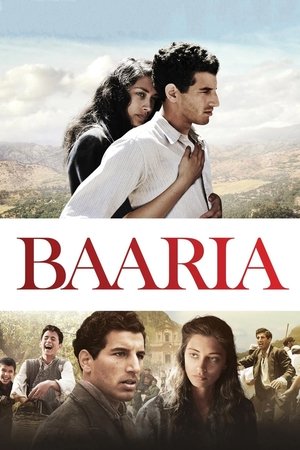 7.2
7.2Baaria(it)
Giuseppe Tornatore traces three generations of a Sicilian family in in the Sicilian town of Bagheria (known as Baarìa in the local Sicilian dialect), from the 1930s to the 1980s, to tell the story of the loves, dreams and delusions of an unusual community.
 6.6
6.6Astray(ro)
In the communist Romania of Nicolae Ceausescu, a young Romanian woman marries a German citizen just to leave the country.
 6.2
6.2Guitar Men: The Darkest Secret of Rock 'n Roll(de)
Tough contract killers and secret organizations operating worldwide in a murderous battle for a relic that hides much more than just a simple instrument. The merciless hunt for the guitar of the "King of Rock'n Roll" leaves a trail of violence and death in its wake.
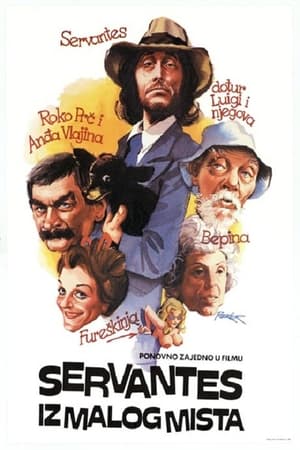 5.4
5.4Cervantes from the Small Town(sh)
'Malo Misto' lives its own life, but not far behind the times. Hotel manager Roko Prč strives to organise tourism, so he introduces the first nudist beach. His wife Anđa brings two of her cousins from the Dalmatian hinterland and demands Roko to hire them. One of them, a young man named Ikan, earns the attention of a beautiful Swedish tourist. From Chile to Malo Misto returned Tonči, nicknamed Servantes, of course, without any money. He fell on the back of his hardworking aunt Keka, who even without him has enough problems of her own. Servantes also experiences an unexpected romance.
 6.7
6.7My Brother Is an Only Child(it)
Accio and Manrico are siblings from a working-class family in 1960s Italy: older Manrico is handsome, charismatic, and loved by all, while younger Accio is sulky, hot-headed, and treats life as a battleground — much to his parents' chagrin. After the former is drawn into left-wing politics, Accio joins the fascists out of spite, but his flimsy beliefs are put to test when he falls for Manrico's like-minded girlfriend.
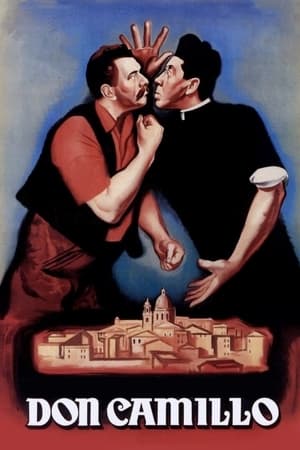 7.6
7.6The Little World of Don Camillo(it)
In a village of the Po valley where the earth is hard and life miserly, the priest and the communist mayor are always fighting to be the head of the community. If in secret, they admired and liked each other, politics still divided them as it is dividing the country. And when the mayor wants his "People's House"; the priest wants his "Garden City" for the poor. Division exist between the richest and the poorest, the pious and the atheists and even between lovers. But if the people are hard as the country, they are good in the bottom of there heart.
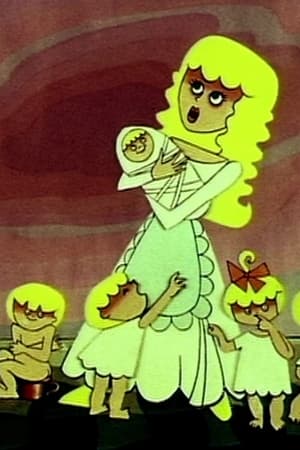 8.0
8.0Penelope's Condition(en)
A reinterpretation of the Greek legend of Penelope, ”the most faithful of wives”, who waited 20 years for her husband Odysseus to return from The Trojan War. In this animation, the two of them are presented in a more modern setting. While Odysseus is busy exploring the universe in his space rocket, Penelope is stuck at home, taking care of the children, showing how traditional gender roles say men should work, while women stay at home.
 7.1
7.1Strawberry and Chocolate(es)
Set in 1979, following a young Communist man's relationship with a gay Catholic writer, exploring tolerance, inclusion, homophobia and challenging its Cuban audience with great humour. Based on the short story by Cuban writer Senel Paz.
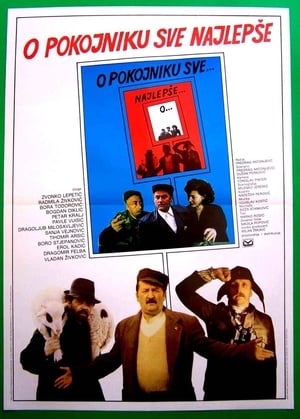 5.0
5.0Never Speak Ill of the Dead(sh)
Tragicomic story about Communist activist who wants to bring the benefits of Communism to the inhabitants of a Serbian village after WW2.
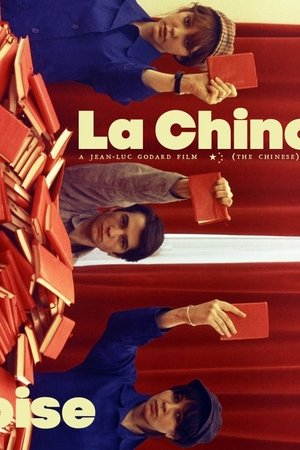 7.0
7.0La Chinoise(fr)
A small group of French students are studying Mao, trying to find out their position in the world and how to change the world to a Maoistic community using terrorism.
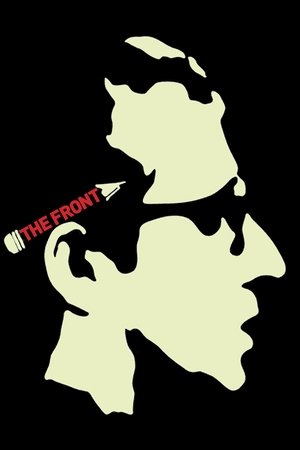 7.0
7.0The Front(en)
A cashier poses as a writer for blacklisted talents to submit their work through, but the injustice around him pushes him to take a stand.
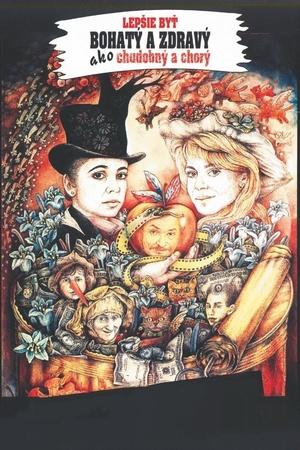 5.3
5.3It's Better to Be Healthy and Wealthy than Poor and Sick(sk)
A satiric tragi-comedy about two women and their lover Robert who is an emigrant that keeps coming back. This film shows chaotic post-communist Europe after the fall of totalitarianism. Two opposite characters, women, meet during the Velvet Revolution in November 1989. Intellectual dissident Nona and a Communist secret police boss’ mistress Ester. They meet at an anti-regime demonstration and become friends. They don’t want anything to do with politics, both want to get married and have kids, but also get rich. Crazy plans and risky attempts to realize their shared dreams land them in many sticky situations in the post-revolution chaos. Too much money gets in the way of the power of friendship.
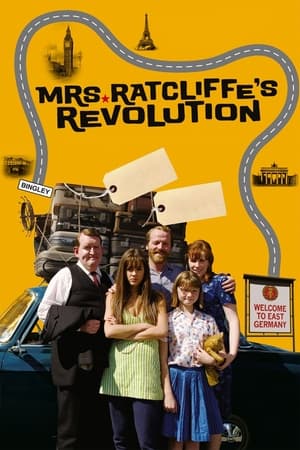 6.7
6.7Mrs. Ratcliffe's Revolution(en)
Based on a true story, Mrs. Ratcliffe's Revolution is the tale of a family from Bingley in Yorkshire, who defect to East Germany. Here they find a nightmare of rationing, censorship and the most spied upon people in history rather than the Marxist utopia they were expecting. But if they thought getting in was difficult wait until they try to get out.
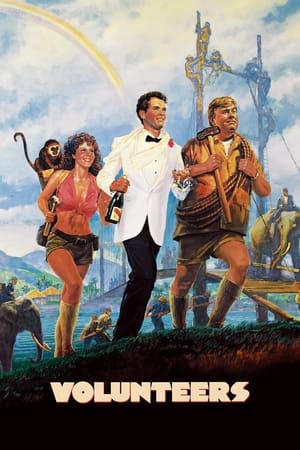 5.5
5.5Volunteers(en)
After his rich father refuses to pay his debt, compulsive gambler Lawrence Bourne III joins the Peace Corps to evade angry creditors. In Thailand, he is assigned to build a bridge for the local villagers with the help of American-As-Apple-Pie WSU Grad Tom Tuttle and the beautiful and down-to earth Beth Wexler. What they don't realize is that the bridge is coveted by the U.S. Army, a local Communist force, and a powerful drug lord. Together with the help of At Toon, the only English speaking native, they must fight off the three opposing forces and find out what is right for the villagers, as well as themselves.
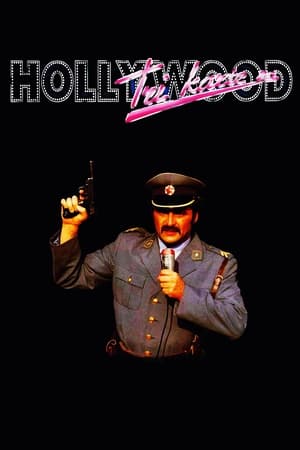 6.6
6.6Three Tickets to Hollywood(sr)
The story of three boys who, fascinated with seventh art magic, decide to escape from their remote village straight to Hollywood. In the same time, a local policeman frantically organizes a reception for the president of the state. His "strictly controlled" citizens, under the influence of events in Cuba, in 1962. start dividing in two parties, resolved to succeed where Khruschev and J.F.K. have failed.
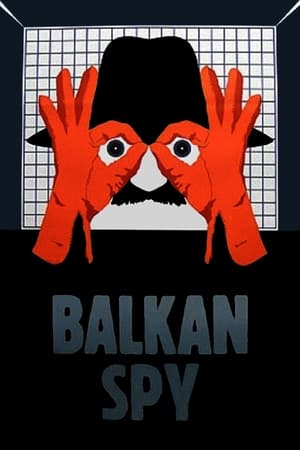 7.6
7.6Balkan Spy(sh)
Convinced that his subtenant is a spy and an enemy of the state, Ilija Čvorović falls into deep paranoia which leads to an absurd and destructive chain of events.
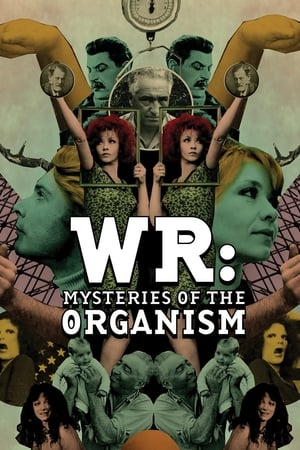 6.1
6.1WR: Mysteries of the Organism(sh)
What does the energy harnessed through orgasm have to do with the state of communist Yugoslavia circa 1971? Only counterculture filmmaker extraordinaire Dušan Makavejev has the answers (or the questions). His surreal documentary-fiction collision begins as an investigation into the life and work of controversial psychologist and philosopher Wilhelm Reich and then explodes into a free-form narrative of a beautiful young Slavic girl’s sexual liberation.





